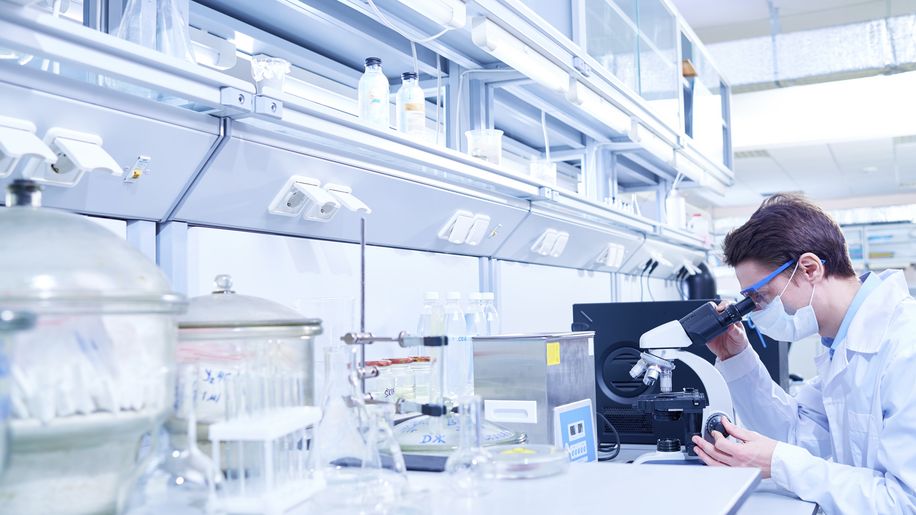The painting process and its quality are very difficult to capture due to complex interactions between the process, paint material and ambient conditions, which is why painting is still regarded as a process that cannot be consistently controlled. There is a risk of rejects, equipment failures and costly reworking, since, for example, the specified paint layer thickness often cannot be maintained everywhere.
This is where a research team from the Fraunhofer Institute for Manufacturing Engineering and Automation IPA, together with Fischer and other project partners, comes into play:
The aim of the research project is to develop models that will, for the first time, make it possible to predict the quality achieved from the process data of painting lines. With meaningful data of high quality in the future, the reliability of the painting processes will increase massively and the flexibility of the painting lines can be raised to the necessary level for large-scale mass-produced products - with the lowest possible reject rates.
The project results will enable significantly more efficient painting processes. A 30 percent reduction in defects, a 10 percent reduction in annual paint consumption and a 10 percent reduction in the start-up time of new paints, as well as a 20 percent reduction in downtimes through diagnostic behavior model analyses can be expected here.
The research team wants to achieve this by first combining the quality data, for example visible coating defects and in particular the measurement data of the coating layer thickness, with the process data from the system control. The data will then be used to create a fine-granular behavior model, which will be evaluated using a machine learning method. The algorithms are to detect impending quality deviations at an early stage and also immediately point out their cause.
Use of AI in paint film thickness measurement using terahertz radiation
Fischer's research project focuses on strategies for applying machine learning to material diversity in paint film thickness measurement using terahertz radiation. An essential factor for market acceptance and market penetration for terahertz-based coating thickness measurement is a presentable economic efficiency of the necessary investments at the end user. This seems possible with AI networking of quality data in the paint shop, especially in the combination of coating thickness measurement, paint spray measurement as well as visual inspection. Further planned work on automated parameterization and calibration using machine learning and artificial intelligence may also lead to potential cost savings through increased efficiency in other Fischer metrology product lines - particularly X-ray fluorescence spectral analysis.
The research project Increasing the Efficiency of Painting Processes by Multilayer Networking of Process and Quality Data Using Self-learning Behavior Models" (pAInt-Behaviour) will run until May 31, 2024, and is supported by the German Federal Ministry of Education and Research with nearly 1.3 million euros.

